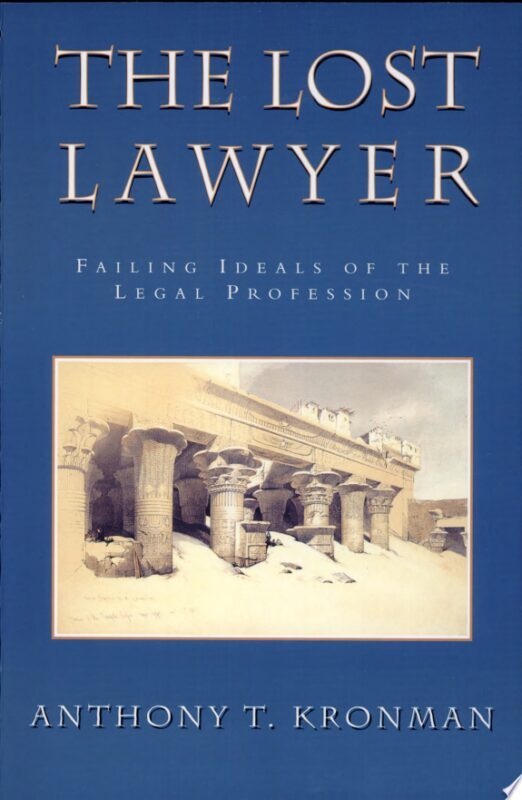“ORDERED, ADJUDGED and DECREED“
Michael Sean Quinn**
One frequently sees two or three of the above three words conjoined in court documents, such as final orders, final judgments, final decrees, judicial decisions, decisions of courts, and/or interlocutory entries of the same sorts.
But what do these terms individually mean? They are frequently jumbled together in quite unnecessary ways. BLACK’S LAW DICTIONARY is not particularly helpful, except to indicate that under most usages they overlap. (The BLD is more clear about the various meanings of the word “ordeal” than it is about this topic.)
Here I am going to try and more-or-less guess what these terms individually mean and/or what they have meant at various points in relatively modern legal history. To say that there is not a plethora of judicial decisions on these distinctions would not be an exaggeration.
Order. In an order, a judge commands one or more persons (including certain types of entities, e.g., corporations, government agencies, or governments) to perform specified actions or to omit performing them, i.e., not to perform them, stop performing them, or desist (or cease and desist) from performing them. The action(s) will be described to some extent in the order, though the description can be broad, vague, unclear, clear, precise, and/or narrow. When a judge commands performance (that something be done) or its opposite, s/he is speaking as (or for) a sovereign,* so the state is ordering that something be done (whether its a performance or a refraining). Injunctions are orders, as are many of the provisions of divorce “decrees,” aka “final judgments.”
Paradoxically, not all court orders contain orders. Final judgments can be (and often are) called “court orders,” by the general population, even they contain not a single “order,” as that term has just been defined. Obviously, this is sloppy lexus-linguistics or lego-lingo, e.g., something like defective lawyer-slang
Decree. A decree of a court, which might also be called “the decree of a judge,”–though it never is called that but is sometimes called “a judicial decree”–is simply an authoritative statement that something is so or is to become so. For example, a court might rule, an thus decree, that “‘THIS’ TREE BELONGS TO–IS THE PROPERTY OF–‘THAT’ PERSON.”
Obviously, judicial decrees are not simply about physical objects, or about a variety of other factual matters, except when they are integral to some controversy in controversy. Thus a court would likely not ever rule that the word “insurance” contains contains 9 letters or that 67 is a prime number, while 69 is not. On the other hand, one can easily imagine that a court might rule that a given distance is 100 yds in length, if that issue made a difference is a property or zoning dispute. (Then again, this sort of ruling is not a decree that the distance is absolutely exactly and precisely 100 yards in length, but only that it is to be so regarded.
Significantly, decrees can be regarded as somewhat like orders of a court because the court is ordering that such and such be regarded by the parties to the litigation as the way things are. This could mean, that such and such is to be taken to be (or treated as if) true by the parties, no further questions asked.
It is tempting to say that that court decrees are judgments of a court (or courts) in which various things are decreed. However, if there is a distinction between orders and decrees, if a final judgment contained only an order it might be a decree in which nothing was decreed.
Adjudged. This word is simply a way to say that the court has made a judgment about something and that this judgment is to be found in this or a related document, e.g., a final judgment or final decree. Often when a court makes a judgment it is asserting (as an agent of a sovereign or as a component of a or the sovereign) that it has determined that something is so. Often this would mean that the judge or the court has determined that proposition p is true and it is issuing a decree to that p is true, or that proposition q, which is entailed or required by p is also true. Of course, if p has been adjudged to be true, a court might validly or appropriately issue a decree that it is true or a decree based upon the fact that it is. (A court might even issue an order requiring parties to act (or refrain from acting) on the basis of the fact that proposition p is true or has been adjudged to be true.) Notice that this description of an “adjudgment” closely resembles what involved in something being a decree.
The term “adjudged” is really no different from the phrase “has been judged to be.” It is really nothing more that the past tense of “judge,” just like “judged.” The trouble is that lawyers are just used to that way of speaking.
So why do these terms appear as a trinity or something close to it so frequently? I suspect it is for one or both of two different reasons. For one thing, lawyers are used to seeing them together in court orders or judgments so it never occurs to them to change. After all, that the way the standard form books look. Everybody does it that way. For another thing, lawyers always fear their missing something and causing trouble for their clients and hence themselves. Besides, what does it hurt to use them all together. “OK,” one might say, “they’re scrambled. So what?!” Or is it “So what!?”
*There are various levels of sovereignty. Setting aside kings, dictators, and tyrants, the sovereign is a ruling entity. In the USA, the federal government is sovereign over a range of issue; the states are over others (granted: a dwindling and in any case a limited number); and municipal entities might be sovereign to some extent over some others, e.g., parking ticket administration so long as constitutional rights are not at issue. In other words, the sovereign is the state and judges either are components of or agents of some sovereign or other.
**Michael Sean Quinn





Recent Comments